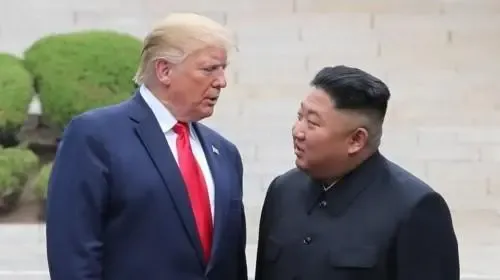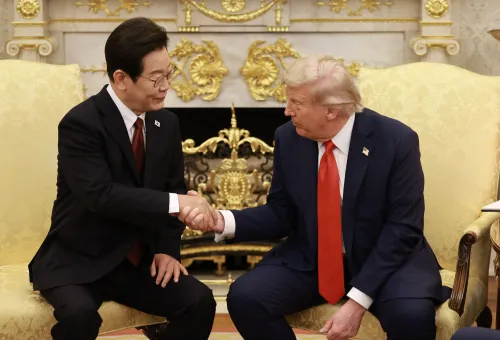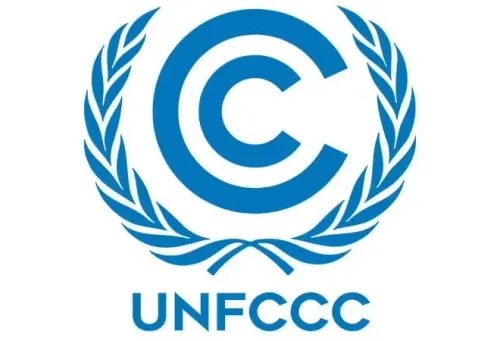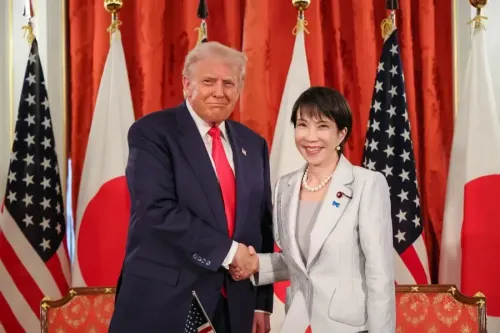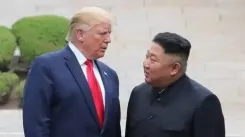WHO Struggles with Communication on Bird Flu Post US Exit
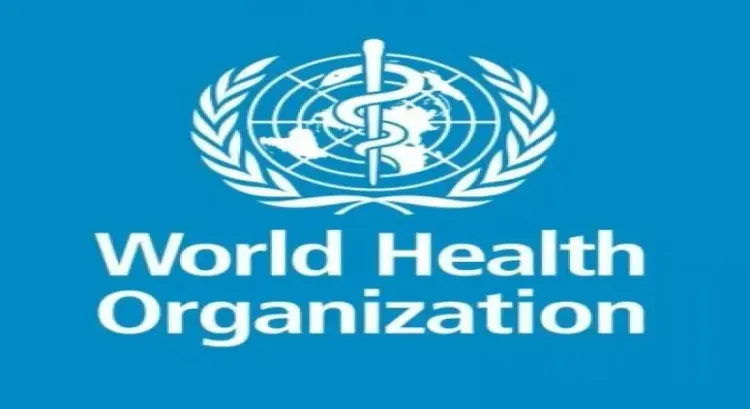
Synopsis
Key Takeaways
- The WHO is struggling to communicate with the US due to its withdrawal.
- The H5N1 bird flu outbreak has infected around 70 individuals.
- Concerns about information sharing have risen globally.
- A second strain of bird flu was discovered in Nevada.
- The US was the largest contributor to the WHO's budget.
Geneva, Feb 12 (NationPress) The World Health Organization (WHO) has reported that communication with the United States regarding the current bird flu outbreak is becoming increasingly challenging due to the nation’s exit from the UN health agency.
During a press conference in Geneva on Tuesday, Christian Lindmeier, a spokesperson for the WHO, noted that traditional communication channels have been severed, stating, “Communication is a challenge indeed. The traditional ways of contact have been cut”, as reported by the Xinhua news agency. However, he refrained from providing further details.
Since the H5N1 bird flu outbreak began in the US in April 2024, almost 70 individuals, mainly farm workers, have contracted the virus. The US Centers for Disease Control and Prevention (CDC) indicated that while there is currently no evidence of human-to-human transmission, individuals with extensive exposure to birds, poultry, or livestock face a greater risk of infection.
There are rising concerns regarding the implications of the US withdrawal from the WHO, especially related to the dissemination of crucial information. On January 20, President Donald Trump signed an executive order to withdraw the US from the organization.
Reports from US media suggest that several nations have privately voiced worries about the potential cessation of US information sharing on emerging viruses, which is vital for preventing future pandemics.
The situation has escalated with the recent identification of a second strain of bird flu in dairy cattle located in Nevada, raising alarms about the broader impact of the outbreak, according to Xinhua.
The executive order initiated by Trump claimed that the WHO mishandled the COVID pandemic and that the agency demanded “unfairly onerous payments” from the US, which were deemed disproportionate when compared to contributions from larger countries like China.
Historically, the US has been the largest financial supporter of the WHO, contributing $1.28 billion in 2022 and 2023—$400 million more than Germany, the second-largest contributor.
In light of these developments, the WHO has expressed a desire for the US to reconsider its withdrawal, emphasizing that such a decision would benefit the health and well-being of millions worldwide.

